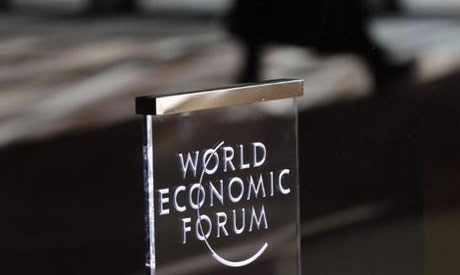
World economic forum (Photo: Reuters)
In developing countries, 40 percent of food loss occurs after harvest and early in the supply chain, translating to more than $310 billion in food waste and loss annually, according to a recent report issued by the World Economic Forum (WEF).
The report also revealed that more than 250 million tons of food are wasted annually in developing countries. That loss, according the report, stems from inadequate refrigeration and unreliable and expensive energy supplies.
"Food loss affects producers, reducing their income by at least 15 percent, and consumers, in addition. Food waste is the third-largest emitter of CO2 globally," the reports mentions.
In rural areas of Sub-Saharan Africa and developing Asia, according the report, where electricity grids do not reach or do not work, access to energy, especially decentralised renewable solutions, such as solar and hydro-powered mini-grids, is essential.
"Our analysis shows significant productivity increases and food loss decreases if adequate access to energy is provided to rural communities," the report said.
The report illustrated that in the absence of electricity, there is no cold storage to enable and empower the economic transformation of the lives of 780 million smallholder farmers, who bear the brunt of food waste and are also the most vulnerable to climate change.
"Increased access to energy can help modernise the food chain, in particular allowing more cold storage for products, preventing waste, while mini-grids and decentralised renewables can provide energy at a lower cost for producers and consumers to enable this access."
Short link: